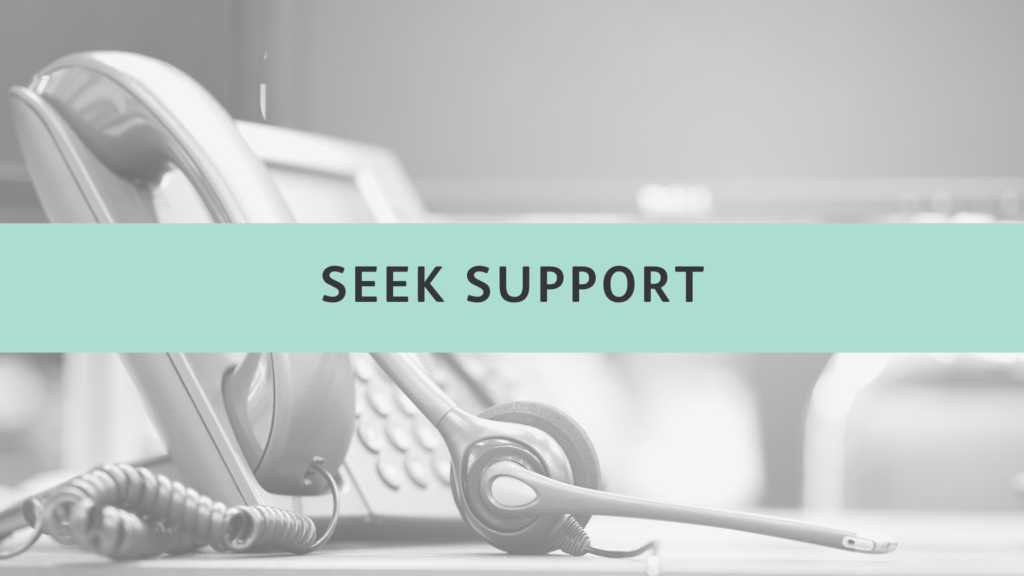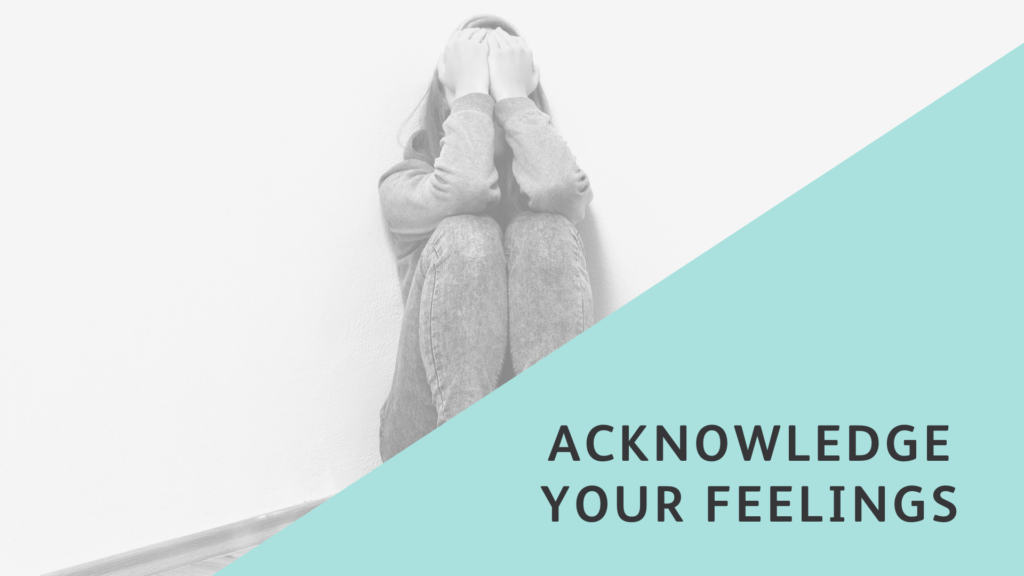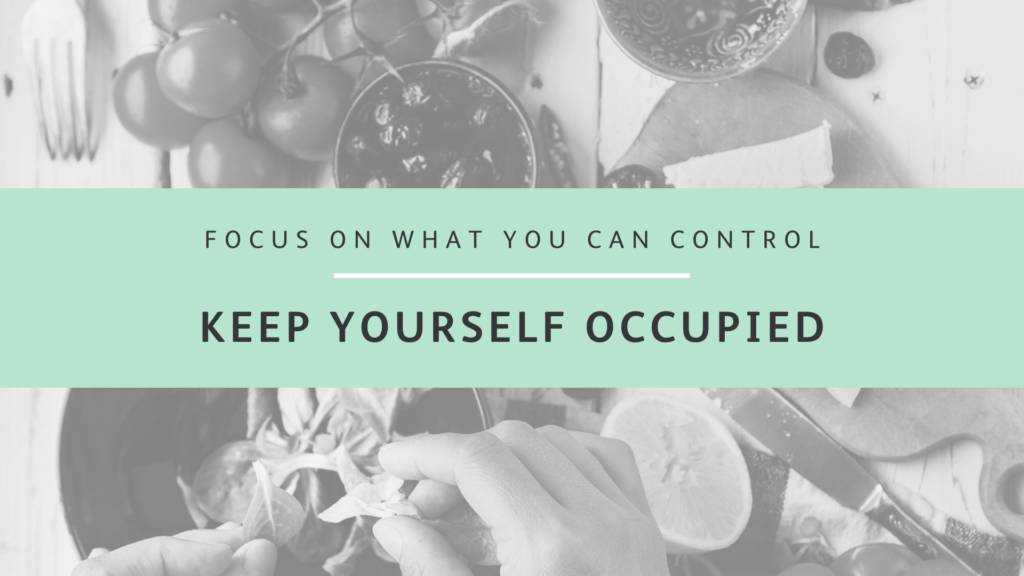As the situation relating to COVID-19 unfolds, including news reports, travel restrictions, and concerns for your own and your loved ones’ health – people can experience a wide range of thoughts, feelings and reactions. Feelings of stress and anxiety in a situation like this are understandable but can be quite unpleasant to deal with. We have compiled a few tips to help alleviate these feelings and help you to feel a little calmer.

It’s understandable to want to keep informed, especially if you or your loved ones are affected. However, constantly reading, watching, or listening to upsetting media coverage can unnecessarily intensify worry and agitation. It can be helpful to take a break from news or social media, especially if there’s no new information. Use this time to focus on things that are positive in your life and actions you have control over. When you do access information ensure this is from a credible source. Dubious posts on social media may increase feeling of stress and anxiety and are not as accurate as information provided by the Australian government or World Health Organisation.

Talking through your concerns and feelings with a loved one can be incredibly helpful. It can help you to think about the situation differently and can bring you back to the present at a time when you may be thinking about the future and experiencing racing “what if” thoughts. It can be a good idea to talk to someone who has a different outlook on the situation to you, to avoid creating an echo chamber of worry and concern. If you have been advised to limit social contact you can still contact loved ones over the phone and through video chat.
Talking to a professional can be a particularly helpful option, Beyond Blue offers free advice over the phone, you can contact Beyond Blue on 1300 224 636.

In situations that are uncertain and evolving such as this, it’s understandable to feel a little stressed. Allow yourself to feel this way without shame or guilt, work towards understanding why you feel this way and what in particular is making you feel worried. It can be helpful to write these feelings down.

Take your mind off of what is happening by keeping yourself occupied. Read a book, get out into the garden, exercise at home, give your home a spring clean or cook a new meal. Some people find that creating a routine is quite helpful, not only to maintain a sense of normalcy but also to ensure you have things to do. By focusing on things you can control rather than things you can’t (eg stopping the outbreak) you can feel a bit better.
It can be helpful to remember that we normally have a greater capacity to manage hard times than we think we do. By looking out for one another and ourselves we can try our best to minimise the impact of this event on our physical and mental health.



